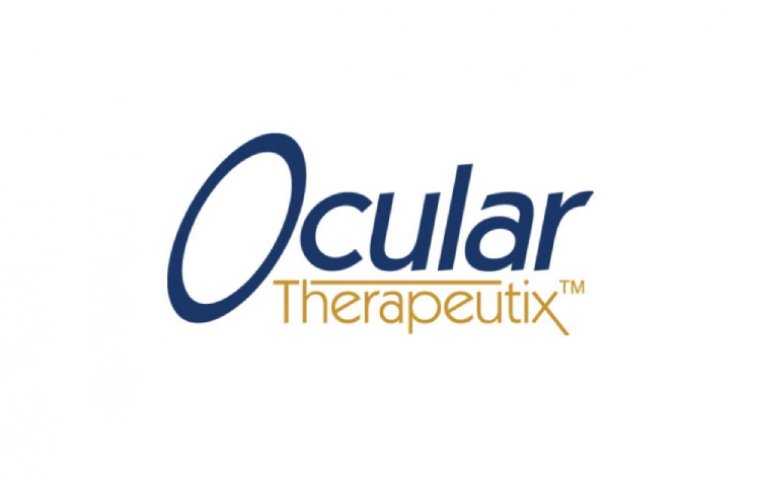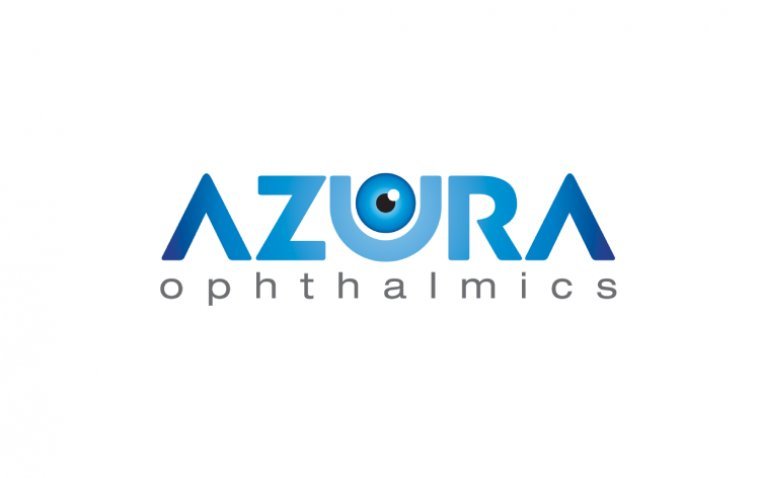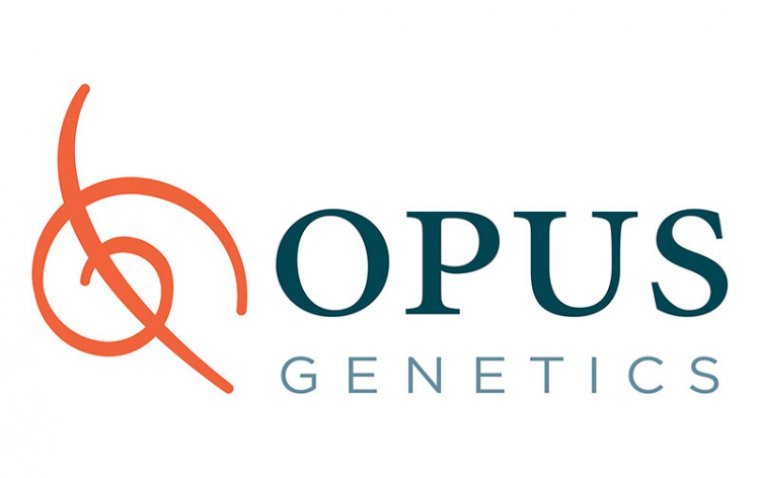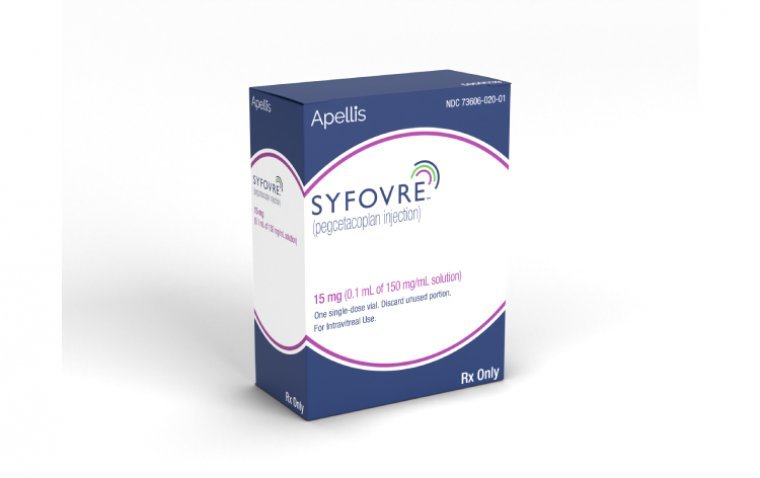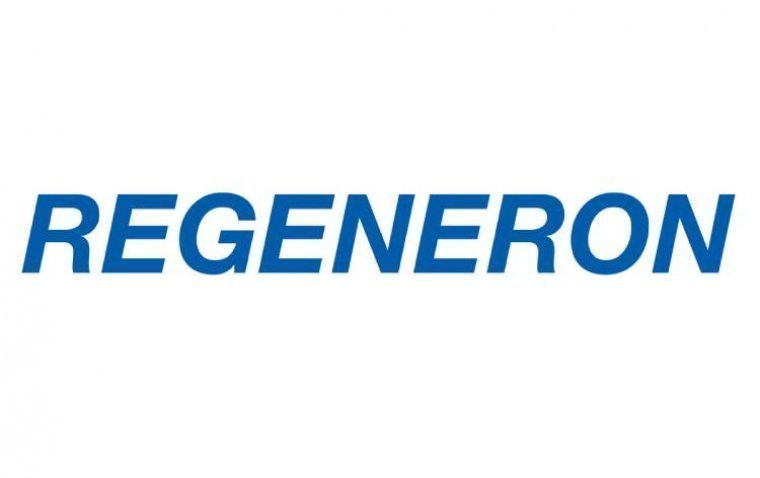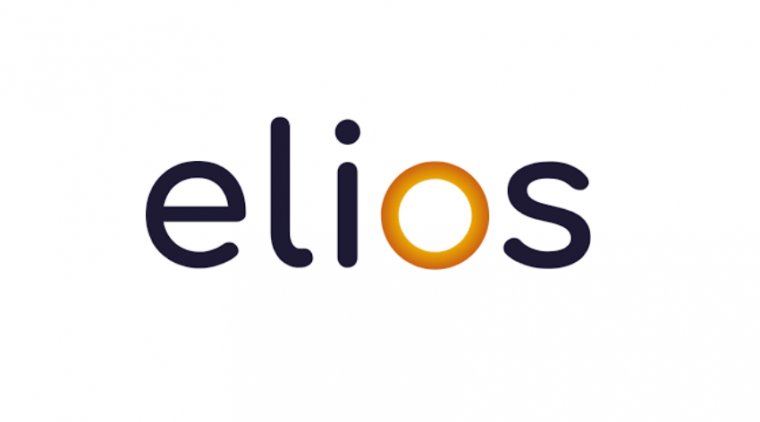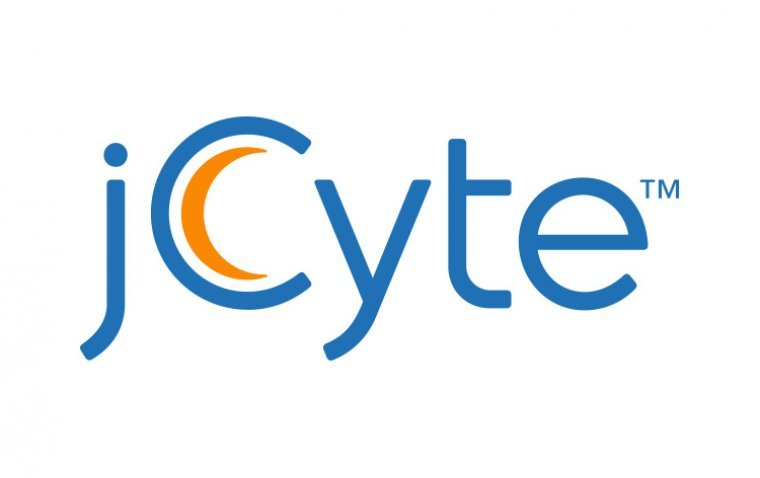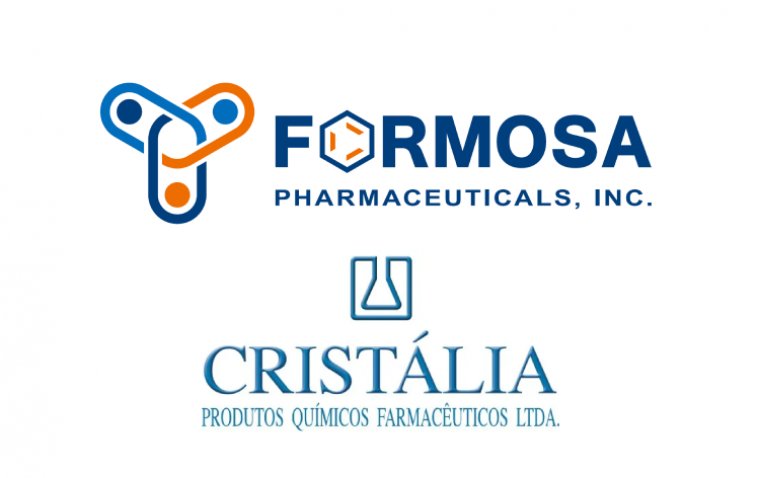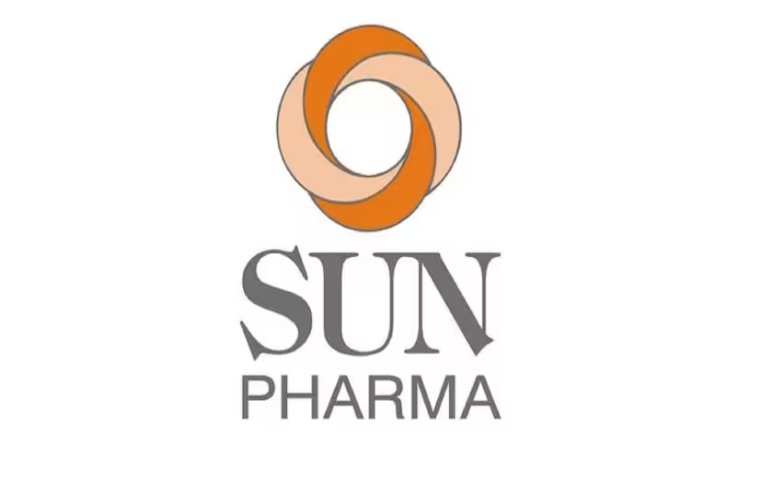
Sun Pharma Reports Positive Phase 4 Data for Cequa in Dry Eye Disease Management
Sun Pharmaceutical has shared new Phase 4 clinical trial data, showcasing the efficacy of Cequa (cyclosporine ophthalmic solution) 0.09% in treating dry eye disease (DED). The results reveal that Cequa provides sustained improvements in patients whose symptoms were inadequately managed with Restasis (cyclosporine ophthalmic emulsion) 0.05%.
Study Highlights: Enhanced Outcomes with Cequa
The multicenter, open-label, single-arm study enrolled 134 adult DED patients who had used Restasis for at least three months without sufficient relief. Over a 12-week period, researchers assessed improvements in corneal health and visual acuity, along with other key patient outcomes.
Key Findings
• Corneal Health: Significant reductions in total corneal fluorescein staining (CFS) were observed as early as Week 4, with continued improvement through Week 12.
• Visual Acuity: Patients experienced marked enhancements in best corrected visual acuity (BCVA), starting at Week 8 and further improving by Week 12.
• Patient-Reported Outcomes: Participants reported notable improvements in corneal staining and dry eye symptoms as measured by the modified symptom assessment in dry eye (mSANDE).
Cequa: Leveraging Advanced Nanomicellar Technology
Cequa utilizes Sun Pharma’s proprietary nanomicellar NCELL technology, which enhances the bioavailability and penetration of cyclosporine. This makes it the first and only FDA-approved cyclosporine therapy to use this advanced delivery system, offering improved efficacy and patient outcomes.
Safety Profile and Tolerability
The study demonstrated a safety profile consistent with existing cyclosporine treatments:
• Adverse Events (AEs): Mild treatment-emergent AEs were reported by 62.7% of participants, most commonly instillation site discomfort.
• Serious AEs: Rare, affecting fewer than 2% of participants.
• Low Discontinuation Rates: Only 14.2% of participants discontinued treatment for any reason during the study.
Conclusion: A Promising Option for Dry Eye Disease
These Phase 4 results highlight Cequa’s potential as an effective alternative for patients with DED who do not respond adequately to other cyclosporine treatments. By improving corneal health, visual acuity, and patient-reported outcomes, Cequa is poised to play a critical role in advancing the management of dry eye disease.
(1).jpg)
